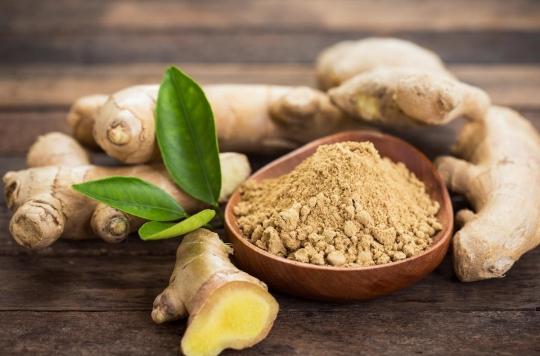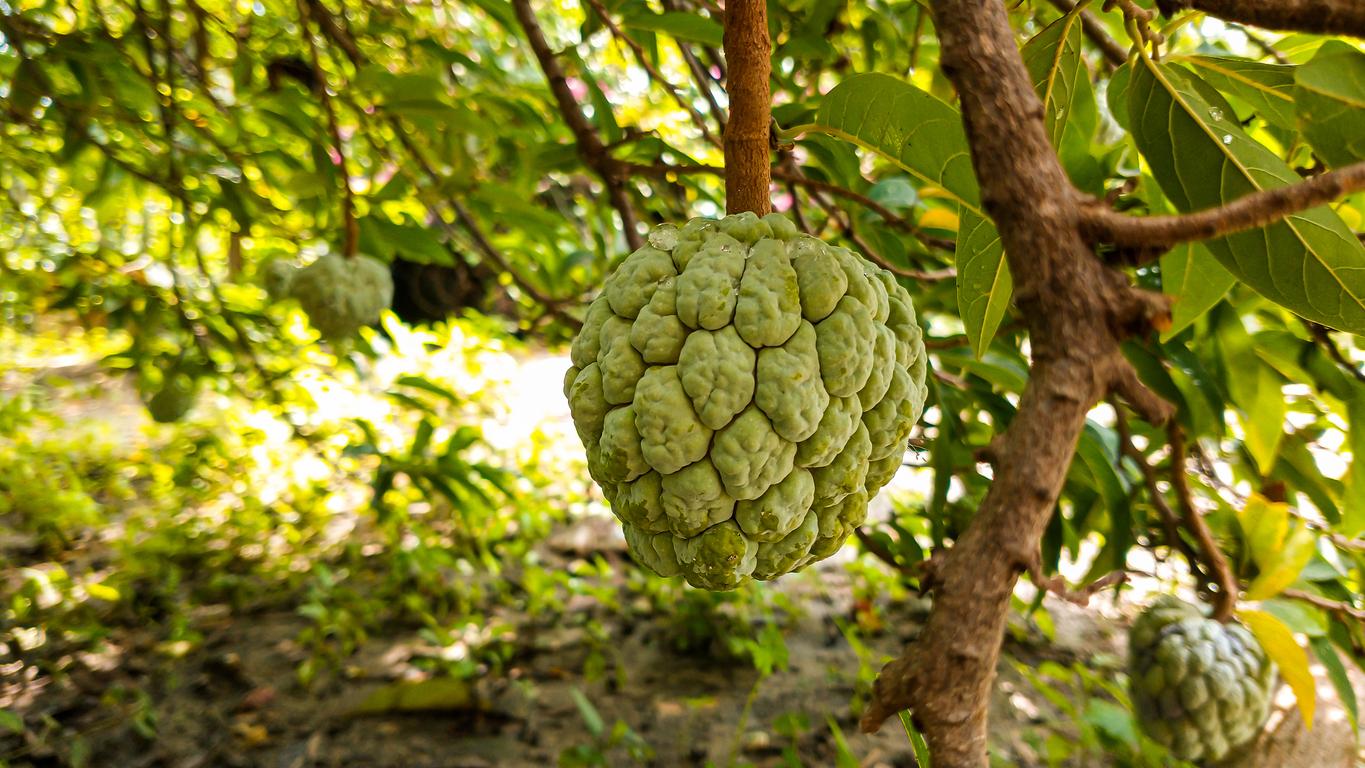The main bioactive compound in ginger root, 6-gingerol, helps counter the mechanism that fuels certain autoimmune diseases.

- The anti-inflammatory properties of ginger limit the progression of the disease.
- The formation of blood clots has been reduced thanks to ginger.
- Researchers believe that this natural supplement can help people at high risk of developing disease.
Ginger is known for its anti-inflammatory and antioxidant effects, making it a supplement for treating inflammatory conditions. New research reveals that ginger counteracts certain autoimmune diseases in mice. Neutralization due to the main bioactive compound of its root, 6-gingerol. This discovery was presented by American researchers on December 29 in the journal JCI Insight.
Prevent the disease from progressing
The University of Michigan researchers looked specifically at lupus, a disease that attacks the body’s immune system, and its often associated condition, antiphospholipid syndrome. The latter causes blood clots, the result of generalized inflammation.
In mice with antiphospholipid syndrome or lupus, 6-gingerol prevented the release of the neutrophil extracellular trap that is triggered by the autoantibodies these diseases produce. “Neutrophil extracellular traps, or NETs, originate from white blood cells called neutrophilssays lead author Ramadan Ali. These sticky, spider-web-like structures form when autoantibodies interact with receptors on the surface of neutrophils.” According to the researchers, these webs that form play an important role in the pathogenesis of lupus and antiphospholipid syndrome where they trigger the formation of autoantibodies and contribute to blood clotting and damage to blood vessels.
More studies to confirm the results
Researchers wondered if ginger’s anti-inflammatory properties extend to neutrophils, and more specifically, if this natural medicine can prevent neutrophils from making NETs that contribute to disease progression. “This preclinical study in mice offers a surprising and exciting ‘yes’”, replied Ramadan Ali. After ingesting 6-gingerol, the mice showed lower levels of NETs. Their tendency to form clots was also significantly reduced, and 6-gingerol appears to inhibit neutrophil enzymes called phosphodiesterases, which in turn reduce neutrophil activation. The most surprising finding is that mice, whether they have antiphospholipid syndrome or lupus, have reduced autoantibodies. This suggests that the inflammatory cycle, where autoantibodies stimulate NETs which themselves stimulate more autoantibodies, is broken.
Although the study was carried out in mouse models, the authors believe that the data collected, showing that 6-gingerol has anti-neutrophil properties which may protect against the progression of autoimmune disease, encourages the development more extensive clinical trials. “As with virtually all treatments in our field, one size does not fit allcontinues Jason Knight, author of the study and rheumatologist. But, I wonder if there is a subset of autoimmune patients with overactive neutrophils who might benefit from increased 6-gingerol intake. It will be important to study neutrophils before and after treatment so that we can determine the subgroup most likely to see benefit..”
The bioactive compound cannot be the main treatment for someone with active antiphospholipid syndrome or lupus, but the team wants to see if the natural supplement can help people at high risk of developing the disease. “Those who have autoantibodies but do not have active disease may benefit from this treatment if 6-gingerol proves to be a protective agent in humans as it does in mice,” says Ramadan Ali. Patients with active disease take blood thinners, but what if there was also a natural supplement that helped them reduce the amount of clots they produce? What if we could decrease their autoantibodies?”

.















